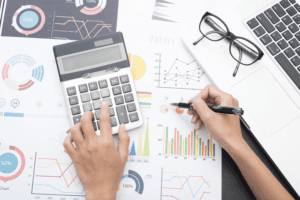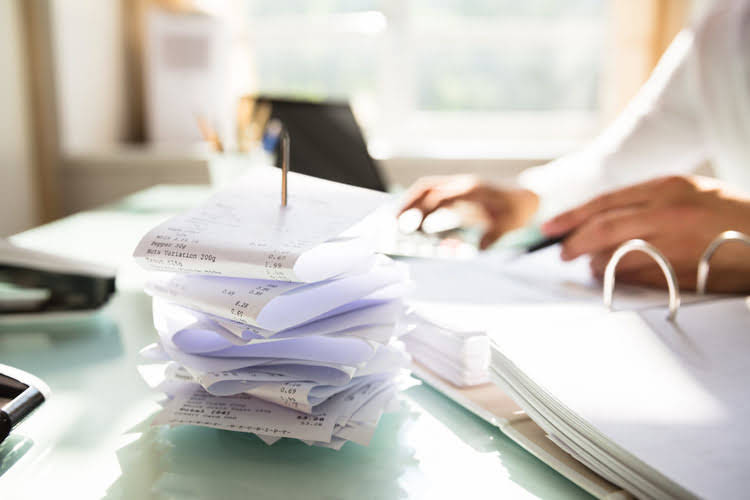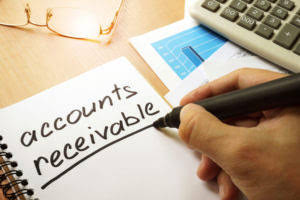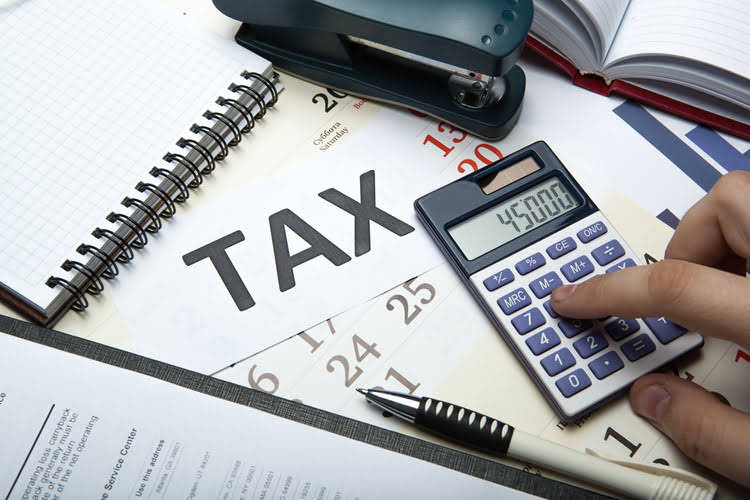
Conversely, focusing on less-taxed products such as whole beans or ground coffee can help retailers maintain competitive pricing. Retailers must carefully balance their product mix to align with both consumer demand and tax efficiency. The cultural significance of coffee preparation methods also plays a role in taxation. In countries like Italy, where espresso is a cultural staple, the government may impose lower taxes on coffee to preserve this heritage. Conversely, in regions where coffee consumption is less ingrained in daily life, higher taxes might be applied to regulate its consumption and generate revenue. This cultural dimension adds a fascinating layer to the economic considerations of coffee taxation.

By business size
The determination of VAT charges for cafes depends on the food’s temperature and the place of consumption. Understanding the distinctions between standard and zero-rated VAT is essential for café owners. Food and drink for human consumption are often zero rated when supplied by a retailer. But food and drink are usually standard rated for VAT when provided as part of a catering service. The rules for VAT on coffee shops are quite easy and simple to follow, however, there is still a chance for the staff to make a mistake while they are being implemented. This is because of the workload during lunch and other busier hours of the day.

Need Help with Accounting? We’ve Got You Covered!

On the other hand, importing countries have their own set of tax regulations that can affect the flow of coffee into their markets. Import tariffs are a common tool used by countries to protect domestic industries and generate revenue. The European Union, for example, imposes varying import duties on coffee, depending on whether it is raw or processed. These tariffs can influence the sourcing decisions of coffee retailers and roasters, who may seek to minimize costs by importing raw beans and processing them locally. This not only affects the price of coffee but also the quality and variety available to consumers. The global nature of the coffee trade introduces a complex web of taxation policies that can influence market dynamics and international relations.
International Coffee Trade and Taxation
The VAT rate applied primarily depends on whether food and drink are consumed on the premises or taken away. This distinction is crucial for cafes when determining the correct VAT to charge. Generally, food and drink sold in a cafe fall into one of two VAT categories – standard rated at 20% or zero-rated at 0%. Value Added Tax (VAT) is applied to most goods and services sold in the UK, charged as a percentage of the price paid by the consumer.

To avoid such mistakes, the business owners should take the responsibility to train the staff and control the staff turnover. Also, focus on the tax issues other than the basic training only. We hope after reading these few minutes read, you will be able to develop a better understanding of how to handle VAT rules professionally.
- You could categorise other fixed costs under rent, rates, utilities, services, insurance, technology, office equipment and restaurant equipment.
- This distinction is crucial for cafes when determining the correct VAT to charge.
- This dilemma illustrates the challenges that cafes face in accurately determining the VAT status for items that seem to occupy a grey area between ‘hot’ and ‘cold’ takeaway foods.
- If you are a customer with a question about a product please visit our Help Centre where we answer customer queries about our products.
IZettle’s POS system came first, but they soon followed up with a payment processing system. They also offer cash advances based on coffee shop accounting historical order revenue. There are lots of POS systems, but these are the three that our clients use at the moment. They all integrate with accounting systems like Xero, although some integrate better than others.
- The right VAT scheme can significantly affect your café’s cash flow and profitability.
- In countries like Italy, where espresso is a cultural staple, the government may impose lower taxes on coffee to preserve this heritage.
- For example, ice-cream, orange juice, potato crisps and most items of confectionery are specific exceptions that are standard rated.
- Now that you have gathered a fair amount of information about ‘is there VAT on coffee shops, we can bring the discussion towards wrapping up.
- In this all-new guide you’ll learn the fundamentals of small business accounting for a wide variety of hospitality businesses, including bakeries, caterers, delis and sandwich shops.
- Gro Accountants introduces cutting-edge solutions to streamline your operations, from stock management to enhancing customer interactions, thereby opening new avenues for revenue.
- On-premises consumption refers to food and drinks consumed within the confines of the café or restaurant.
Payroll Services
Explore more of our personal and business finance services… Coffee shops have unique challenges around the volume of transactions, dealing with stock and suppliers, managing staff wages and also a high degree of competition. You also What is bookkeeping need to be on top of your pricing to compete with the likes of the local franchise up the road. Be honest about your goals, be open to how you might achieve them, and be creative in finding the right way for you. 2) I want to build a cafe where I get to know my regulars and enjoy great coffee. Maybe I’ll open a second cafe eventually, but for me quality and a great vibe are the most important thing.
It’s the best way to turn your dreams of a thriving business turn into hot cup of reality. Many software packages enable a better flow of information from the café to your accountant and back, allowing better analysis of data, in real time. By carefully examining these factors, individuals can determine whether their Costa Coffee purchase is subject to VAT and plan their purchases accordingly. Value Added Tax (VAT) is an indirect tax levied on the consumption of goods and services in the United Kingdom. It is a tax on the value added to a product or service at each stage of production and distribution. VAT is typically charged at a standard rate of 20%, although some goods and services are subject to a reduced rate of 5% or are exempt from VAT altogether.
Complex Scenarios: Composite Foods and Meal Deals
It’s free for employers and was set up by the government when they introduced mandatory employer pension schemes. It’s ofen implemented badly, but we find it works well when combined with BrightPay. Regardless of which approach bookkeeping for cleaning business you take, HMRC dictate that you’ll need to store supplier invoices and receipts for six years. You can store invoices electronically, so there’s no need to hold onto original copies. The delivery note can be matched against the invoice so you know which invoices to pay. Lots of wholesalers will sell you ingredients and produce on credit.